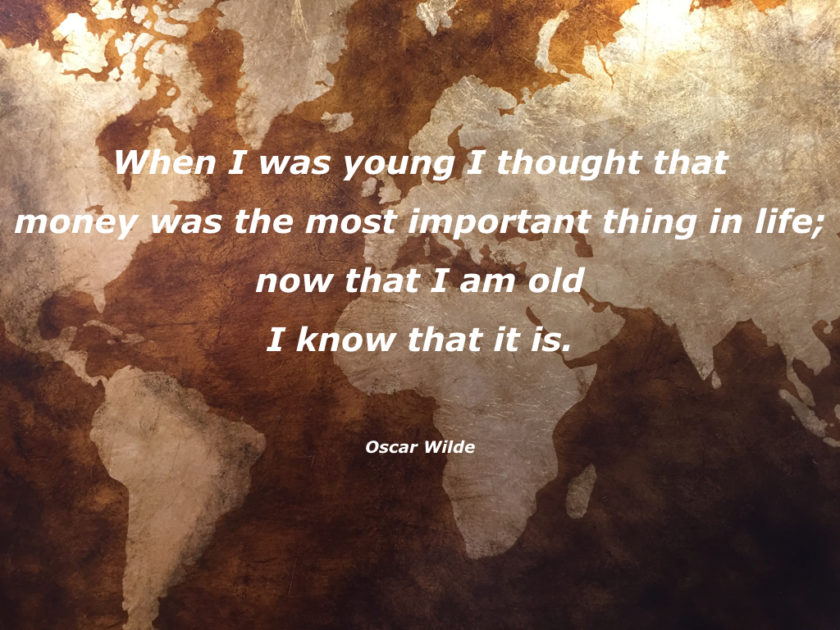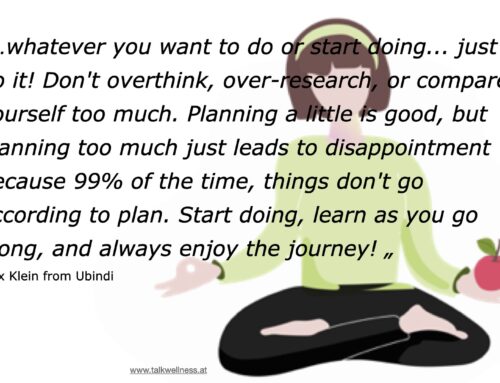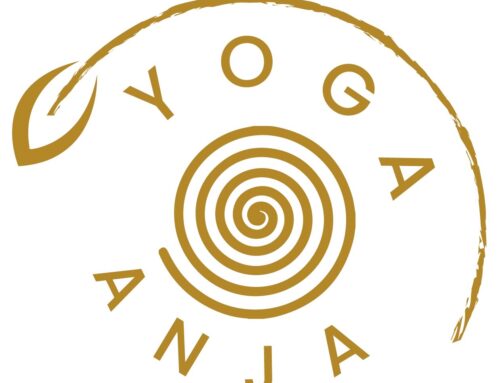Financial Wellness – invest in your future
An article titled “Will Financial Wellness become hot topic in the future” from economist Thierry Malleret on Global Wellness Summit in Kitzbühel monthly barometer has made me thinking.
My first reaction to reading the headline was: Does absolutely everything these days have to have the label ‘wellness’?
wellness tea and food
wellness clothes
pet wellness
wellness books
even wellness for cars
and now financial wellness? What has money got to do with wellness???
Is it not true, that money does not make one happy, just like Benjamin Franklin said: “Money has never made man happy, nor will it, there is nothing in its nature to produce happiness. The more of it one has the more one wants.”?
In reverse however, what is it that makes people happy or content or feeling well and safe?
Health matters
Research has shown, that health is one of the most important matters in people’s lives: 80+% of Germans answered with “health” as the most important individual goal in life (followed by family and income *source SOEP 1993).
Corresponding with this topic, I have previously written an article titled Global Wellness Summit in Kitzbühel .
And the same research has also shown that people from higher societal levels are more educated and healthier, have better access to medicine, can communicate better with medical staff, smoke less, exercise more, show different mortality rates etc.
Wealth has two major effects: firstly, it provides safe and steady access to existential commodities, and secondly to health, safety and self determination.
(source: Horx, Das Megatrend Prinzip, 2011).
Is Mark Twain right when saying that “the lack of money is the root of all evil”?
Fully experience life
I am happy to agree with philosopher Henry David Thoreau, who said “wealth is the ability to fully experience life.”
Malleret writes in the above mentioned article: “Most institutions that deal with “financial wellness” equate it with “being protected against risks that are difficult to predict and may have significant financial consequences. It’s easy to understand why this issue is acquiring so much relevance as a wellness theme.”
What does this mean for our lives as individuals?
Sadly, health consequences do not seem to be prime motivator for individuals living a healthy lifestyle. From my times working in gyms I recall: People would become gym members to work on their physique more than on their health. And one guy I remember in particular who had a total different objective for his gym membership. The bikini-body seemed to be more attractive than preventing high blood pressure, diabetes & Co..
What does this mean for societies?
Well, actually at the end of the day, it doesn’t matter why people live healthy lifestyles, does it? Taking responsibility for their own lifestyles is key. Yes, governments can provide health care systems. Societies can provide values. But individuals need to take full responsibility and action themselves.
What is the consequence for wellness providers?
Like any other successful product, Wellness offers can not merely be ‘must haves’ which providers do not really care about.
I believe that if wellness providers consider the following values when designing their wellness offers, sales will follow:
honesty
transparence
quality
integrity
sustainability
passion
and deep knowledge and understanding about their topic.
Only then will services be of quality and consequence to the guest, who will be satisfied or even delighted.
Some call it selfishness, others call it investing in oneself
Now, that I am 50+ and a grand mother, I think a whole lot different about consuming and about spending my money and time.
An interesting aspect that Meik Wiking, author of the book Global Wellness Summit in Kitzbühel looks into, is: investing in one self.
Wiking names the Danes, who rank amongst the happiest people in the world. Despite the fact that they also pay some of the highest taxes. But the Danes do not seem to see their taxes as punishment or necessity, but rather as an investment in their own future.
Franz Linser said during the Global Wellness Summit in Kitzbühel last year something like “…is is difficult to sell prevention…”
I say: Let’ keep fighting for Wellness conscious in our societies!







